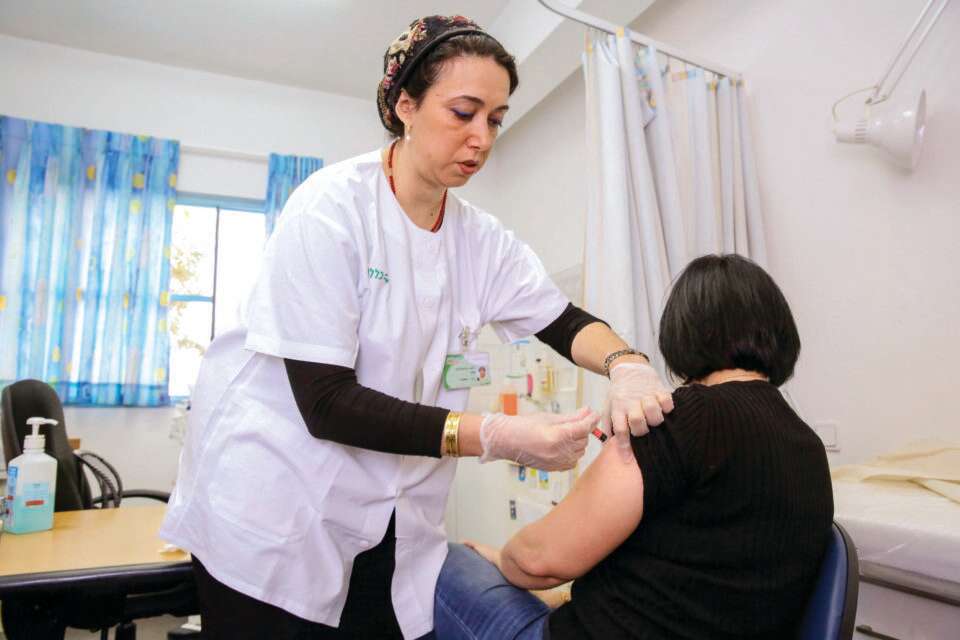The COVID-19 pandemic has sparked a heated debate about the process of developing and testing vaccines for diseases, which has not yet been decided. Meanwhile, it also seems to have raised awareness of the need for volunteers to serve as guinea pigs for new and future vaccines. According to an article published this week in Nature, a group of people is emerging around the world who are willing to contract dangerous diseases in order to serve as experimenters for drugs for them. We used ChatGPT to get the gist of the story.
Keller Scholl is a member of this group and recently participated in the first human 'challenge trial' in humans involving the Zika virus. Despite feeling the lasting effects, including fatigue and itching, Scholl sees his discomfort as a small sacrifice for the common good. Human challenge trials represent a departure from traditional infectious disease studies, in which researchers test drugs or vaccines on people who already have or are susceptible to the disease, or infect animals with the disease to explore treatment options. Instead, healthy human volunteers willingly expose themselves to pathogens, allowing scientists to gather preliminary data efficiently before larger experiments begin.
The global advocacy group 1Day Sooner was founded in March 2020 and led a call for volunteers for human challenge trials to find a cure for COVID-38, which succeeded in recruiting 000,42 volunteers. Since then, the group has expanded its goals of recruiting volunteers for further challenge trials, and boasts over 000,166 people from <> countries who have expressed interest in participating in such studies.
Challenge experiments are not a new method—even on humans: an in-depth survey has identified 284 such experiments since 1980, involving more than 14,000 participants. The experiments, which typically involve healthy, young volunteers, deliberately infect people in a controlled environment, allowing researchers to monitor symptoms and provide treatment if necessary. This approach has proven effective in testing vaccines and treatments quickly and cost-effectively before moving on to field trials.
Although challenge experiments on humans are an important method of fighting disease, research ethicists emphasize that such experiments are permissible only when the benefits are significant, the risks are low, and the knowledge obtained through them is impossible to obtain by alternative methods. Despite concerns raised by some researchers, 1Day Sooner's advocacy efforts have led to collaborations with scientists and physicians, influencing the push for challenge trials dealing with various infections.
The group's continued focus on challenge trials has recently shifted to hepatitis C virus. With the emergence of highly effective antiviral drugs, challenge trials for hepatitis C have become plausible. 1Day Sooner has been pushing for hepatitis C challenge trials since 2021, aiming to showcase the potential of challenge trials to help address global health challenges. Soon, volunteers recruited by the group are expected to be deliberately infected with hepatitis C by scientists from the universities of Oxford and Toronto.
Wrong? We'll fix it! If you find a mistake in the article, please share with us

